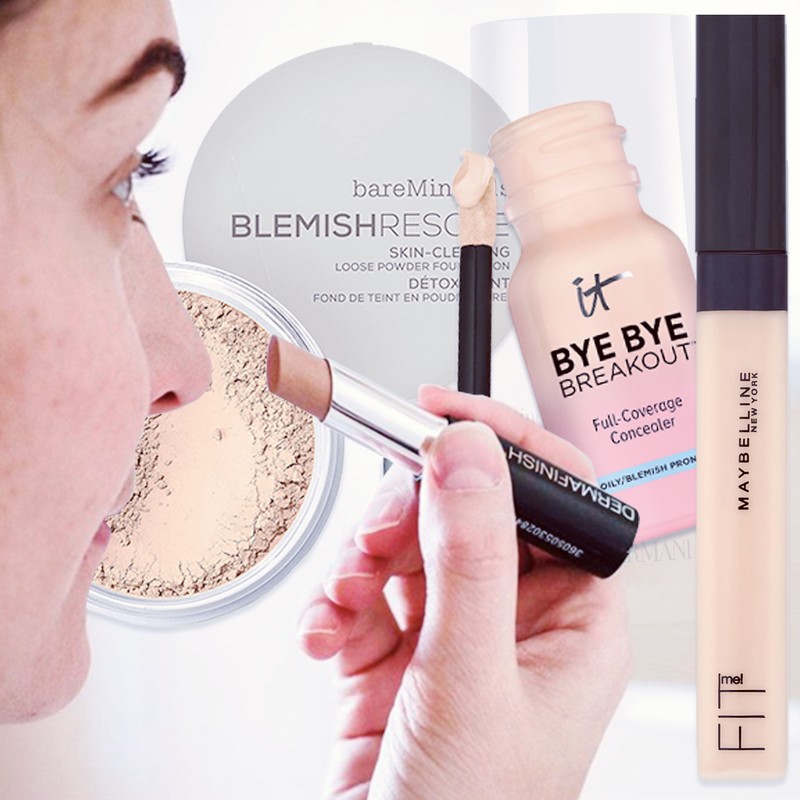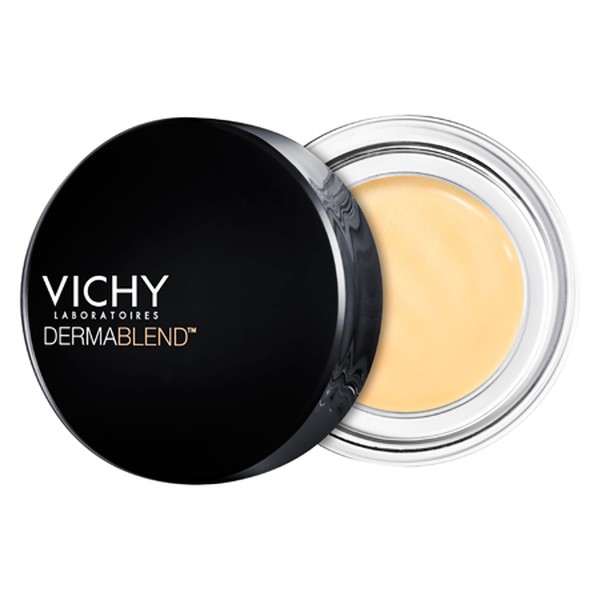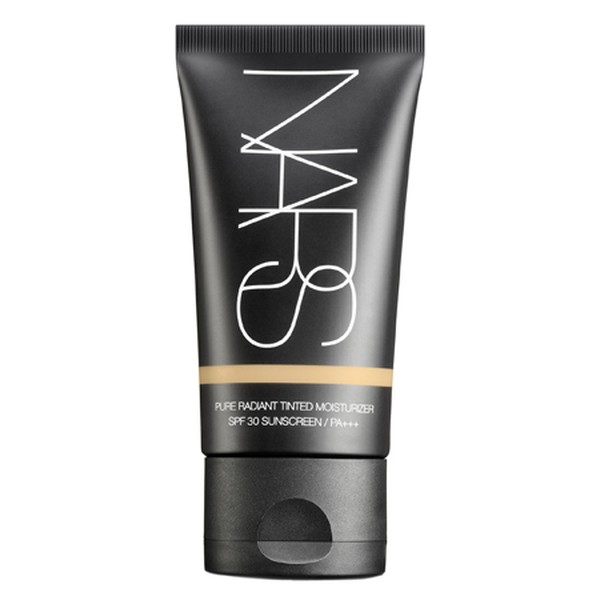Dermatologist-Approved Make-Up For Acne-Prone Skin
Avoid Formulas That Feel Thick
“Heavy-coverage may create the illusion of even-toned skin at a distance, but it basically acts like cement, clogging up your pores,” explains Dr Anita Sturnham, GP & specialist in dermatology. “This then traps oil and bacteria, along with old dead skin cells – and the pimples reappear. Instead, look for mineral-based make-up. These formulas contain ingredients like silica, titanium dioxide and zinc oxide, which absorb oil and hide redness without irritating the skin. Look out for dimethicone on the ingredients list, too. It conceals redness while smoothing out uneven skin.”
Choose Products Labelled Non-Comedogenic
“When choosing make-up for acne-prone skin, look for those that are marked asl non-comedogenic,” adds Dr Anjali Mahto, consultant dermatologist & author of The Skincare Bible. “This literally means ‘will not block pores,’ so you can be confident it’s oil-free and suitable for your complexion. It’s worth looking out for gel-based textures that add hydration, too, as these will nourish and support barrier function for healthier skin, overall.” Dr Anita agrees: “Hourglass’ Immaculate Liquid Powder Foundation is a great example of a base that’s non-comedogenic and hydrating. It contains cashmere kaolinite clay, which regulates oil control, drawing impurities out of your pores.”
Stock Up On Tinted Moisturisers
“In my opinion, make-up is the friend of any acne sufferer, providing you make smart choices,” says Dr Sam Bunting, cosmetic dermatologist. “Most patients already suspect long-wear foundation isn’t doing them any favours. They are almost as bad as marker pens to remove. This has consequences for acne: we know from studies that the more aggressively you cleanse, the more wound-up acne gets. The good news is: not all make-up is bad. Through my years of practice, I’ve come to rely on a handful of lightweight bases that are suitable for acne-prone skin. NARS Radiant Tinted Moisturiser is a major favourite and a ‘good skin day’ base, as it offers very sheer but flattering coverage. Armani Luminous Silk offers a little more coverage while still delivering that ‘real skin but better’ finish and it lasts well. As for those days when you just need more, Vichy Dermablend Liquid Foundation offers a real security blanket.”
Invest In The Right Packaging
“If you’re restocking your make-up, avoid jars that you dip your finger in and out of,” says Dr Anita. “Instead, select pump devices that avoid contact with any bacteria on the skin, and the elements of the environment. Both can affect your skin and make acne worse.”
Shop The Best Make-Up Formulas For Acne Below…
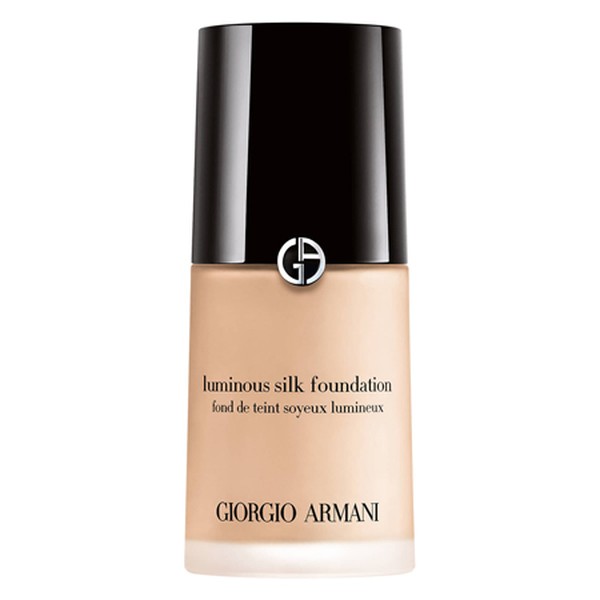
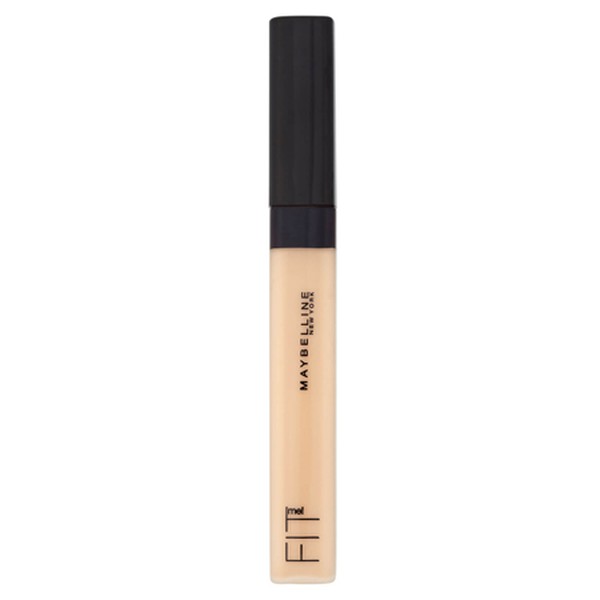
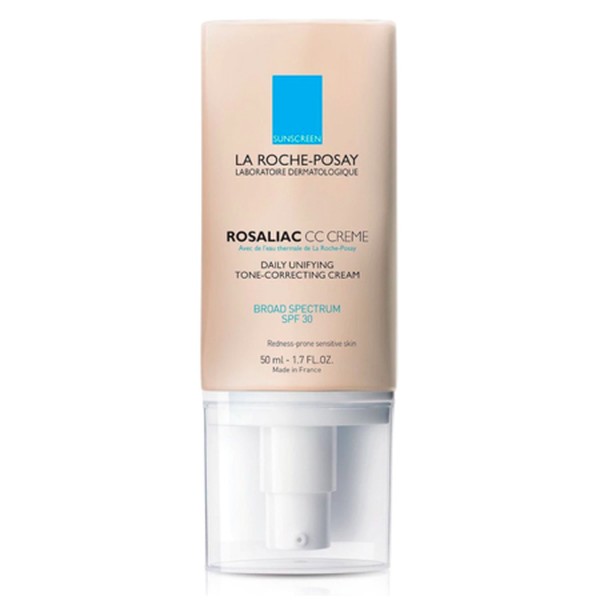
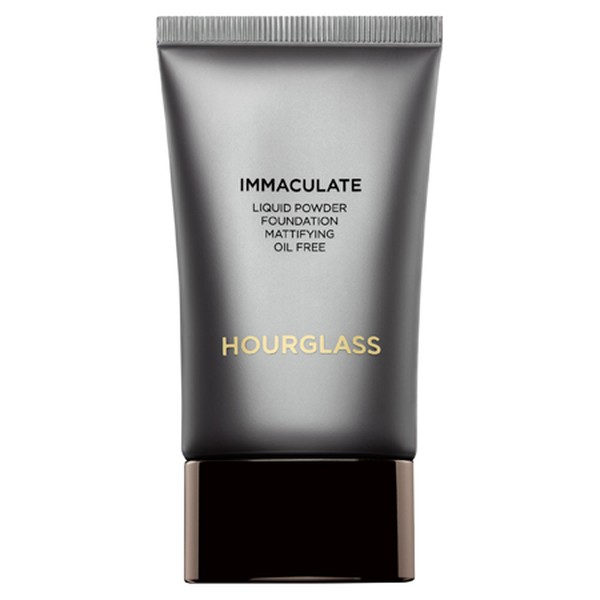
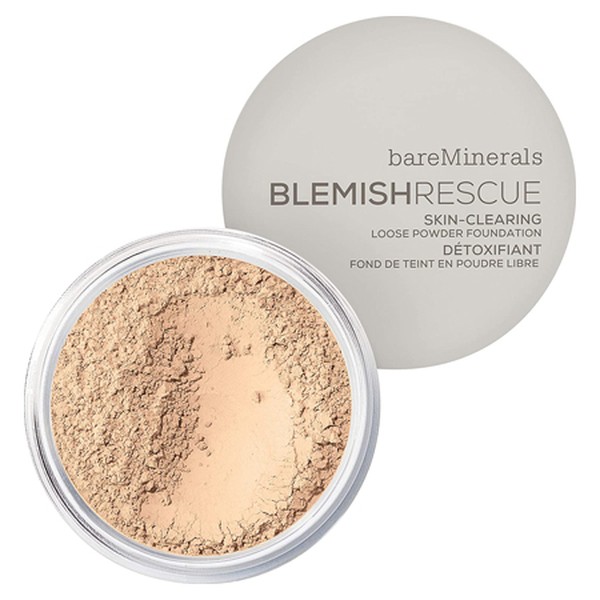
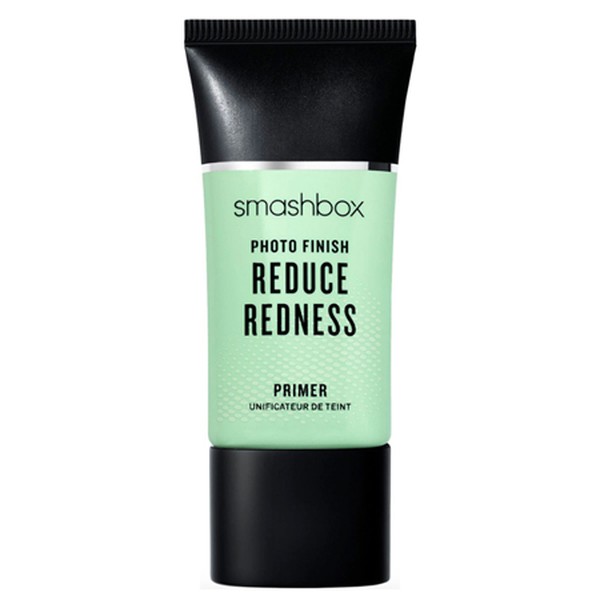
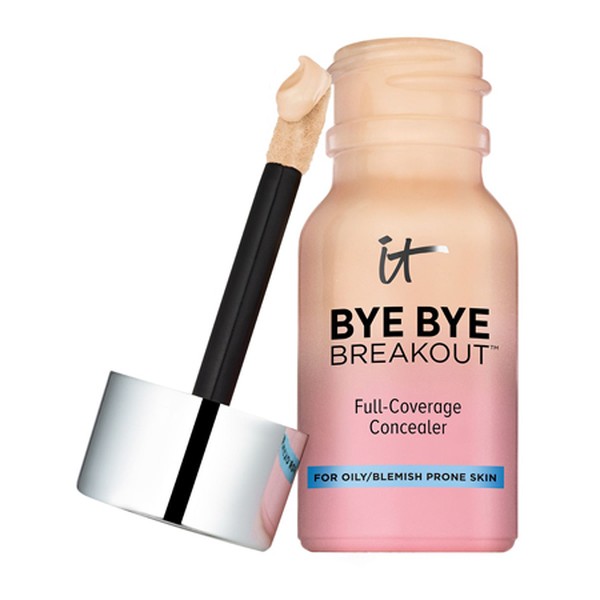
INSPIRATION CREDITS: Instagram.com/vichyusa
DISCLAIMER: We endeavour to always credit the correct original source of every image we use. If you think a credit may be incorrect, please contact us at info@sheerluxe.com.
